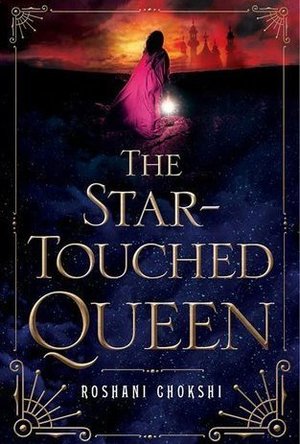
The Star-Touched Queen (The Star-Touched Queen, #1)
Book
FATE AND FORTUNE. POWER AND PASSION. WHAT DOES IT TAKE TO BE THE QUEEN OF A KINGDOM WHEN YOU'RE ONLY...
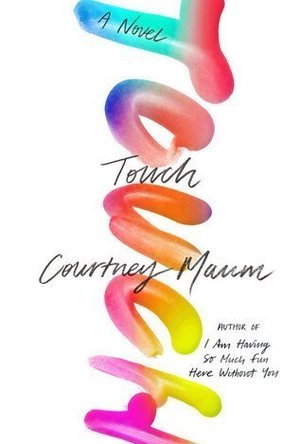
Touch
Book
Sloane Jacobsen is the most powerful trend forecaster in the world (she was the foreseer of the...
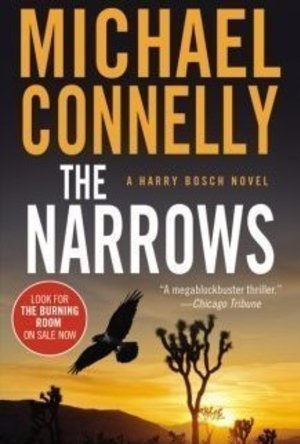
The Narrows (Harry Bosch, #10; Harry Bosch Universe, #13)
Book
FBI agent Rachel Walling finally gets the call she’s dreaded for years: the one that tells her the...

How to Get Away With Murder - Season 2
TV Season Watch
Season 2 of this compelling, deceit-laced drama picks up just a week and a half after the end of the...

CSI: Crime Scene Investigation - Season 1
TV Season
It's all change at the Las Vegas Crime Lab following the shooting death of Holly Gribbs ("Pilot"),...

7 Years of Camera Shake
Book
As humans, we are drawn to predators like no other group of animals. They are the epitome of form...
Cezanne Portraits
Book
Th is book, like the exhibition it accompanies, looks at the special pictorial and thematic...
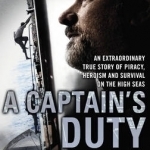
A Captain's Duty
Book
8th April 2009 was just an ordinary day for 53 -year-old Richard Phillips, captain of the United...
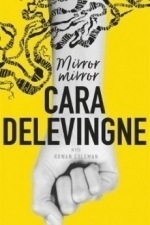
Mirror, Mirror: A Twisty Coming-of-Age Novel About Friendship and Betrayal from Cara Delevingne
Book
A gripping coming-of-age story that explores identity, sexuality, friendship and betrayal for fans...
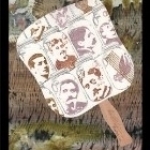
The Weather in Proust
Jonathan Goldberg and Eve Kosofsky Sedgwick
Book
The Weather in Proust gathers pieces written by the eminent critic and theorist Eve Kosofsky...
